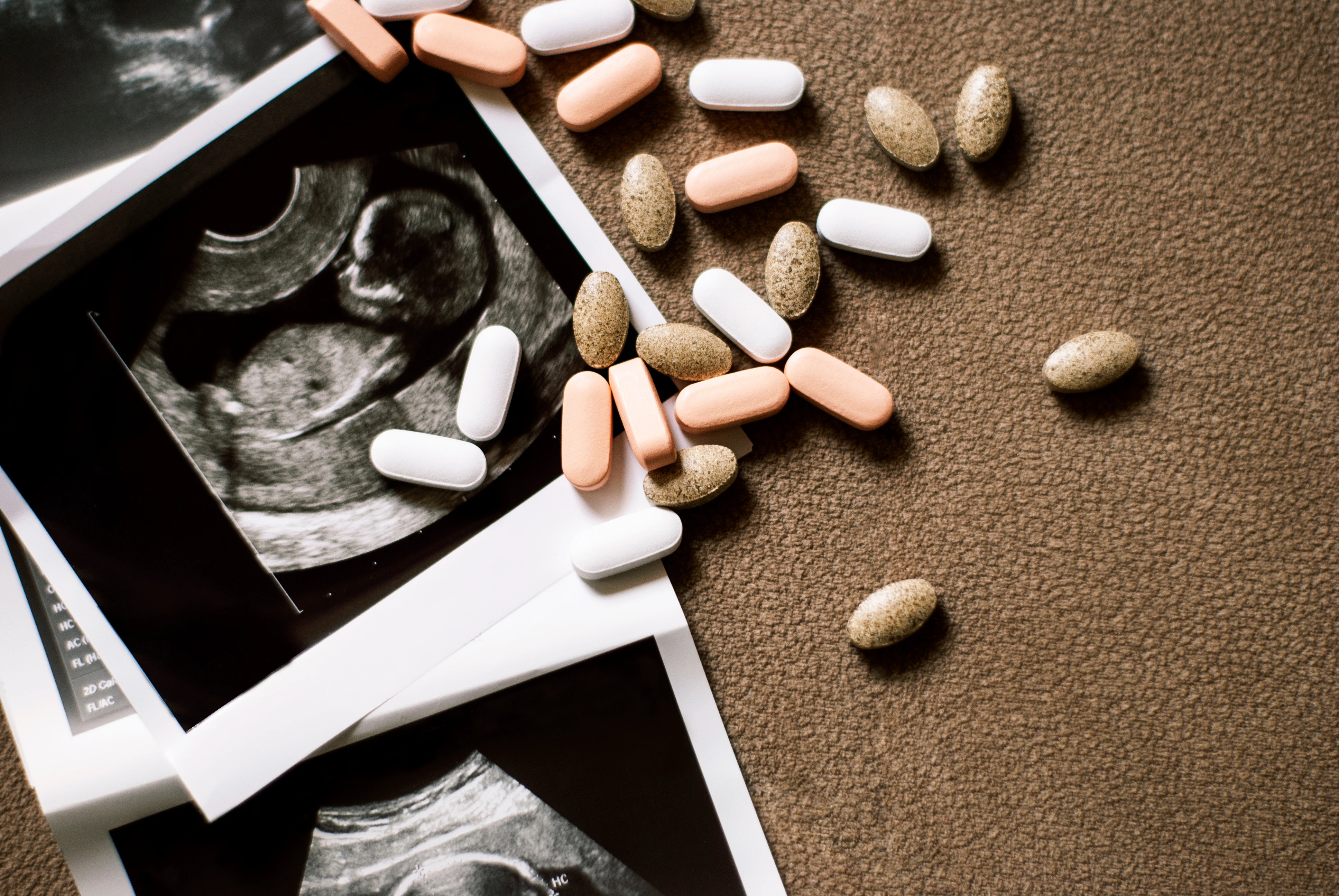The USCCB document cited a number of safety concerns, including blood loss, infections and even death, and noted that the rate of adverse effects from chemical abortions is more than 5%, which is four times higher than the of surgical abortions in the first trimester.
“The FDA’s ‘adverse events’ registry cites 28 female deaths between September 2000 and June 2022,” the document noted, citing a 2022 FDA document. “Although the FDA stopped requiring reporting of nonfatal adverse events in 2016, it reports a total of 4,213 adverse events, including 1,048 hospitalizations (excluding deaths), 604 cases of blood loss requiring transfusions, 97 ectopic pregnancies, and 414 infections (71 of them ‘serious’)”, he adds.
However, the bishops argued that the number of women suffering adverse effects is likely higher, citing a 2015 peer-reviewed study which found that more than a third of women ended up in an emergency room within 30 days of a chemical abortion.
“Complications are likely underreported in the U.S., as many are treated in hospital emergency rooms, where doctors may not know about the abortion or code it as such in medical records,” reads in the document.
